Medical-Legal Partnerships
Addressing social determinants of health to improve health equity is a goal shared by public health, health care and public interest legal practitioners. Yet, these disciplines frequently work in silos rather than in tandem. The medical-legal partnership (MLP) approach incorporates lawyers into holistic health teams to meet the unaddressed legal needs that are contributing to health inequities.

Resources

Medical-Legal Partnership Resources

Strategies and Opportunities for Strengthening Community Health through Medical-Legal Partnership – Public Health Collaboration

Improving Childhood Lead Screening Rates in Illinois and Ohio

Addressing Socioeconomic Barriers to Health Equity Through Law: A Preview of the 2018 Public Health Law Conference
Explore more sub-topics related to Initiatives
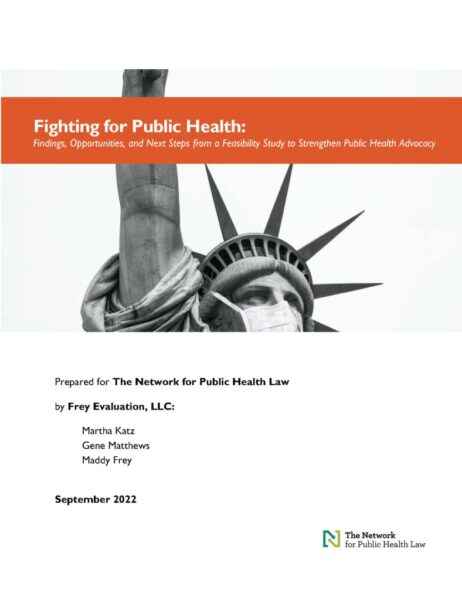
Fighting for Public health
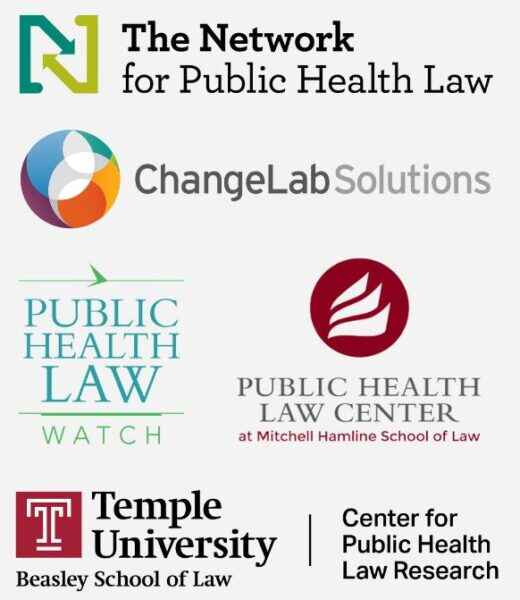
Act for Public Health

Network’s Intranet

Climate Change, Health Equity, and Public Health Law Learning and Practice Collaborative

Privacy Officer Peer Group

Privacy Officer Peer Group

Cross Sector Attorneys for Health
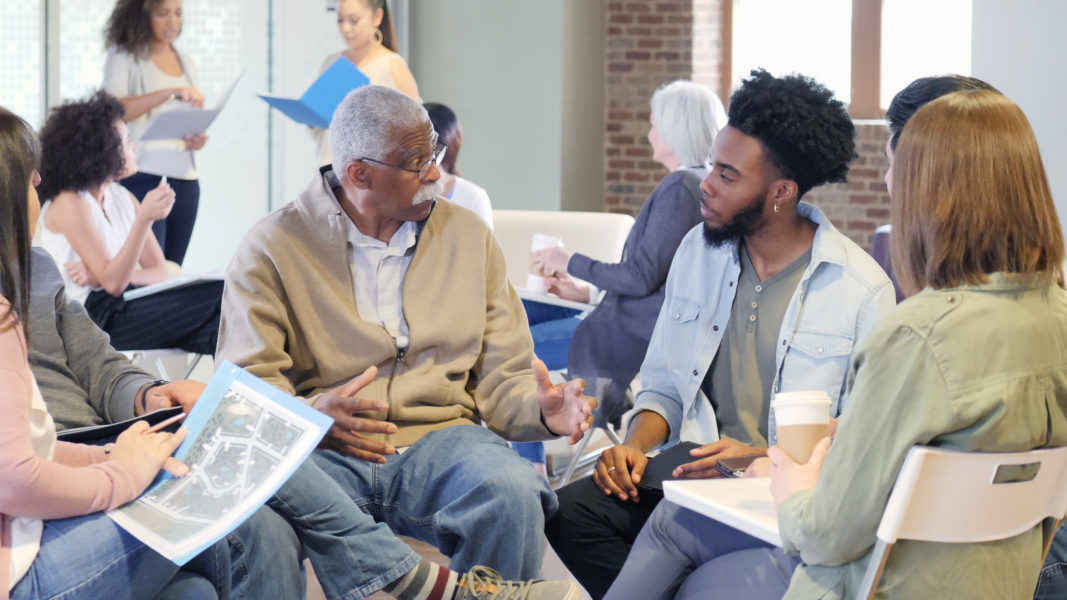
East Side Health and Well-Being Collaborative
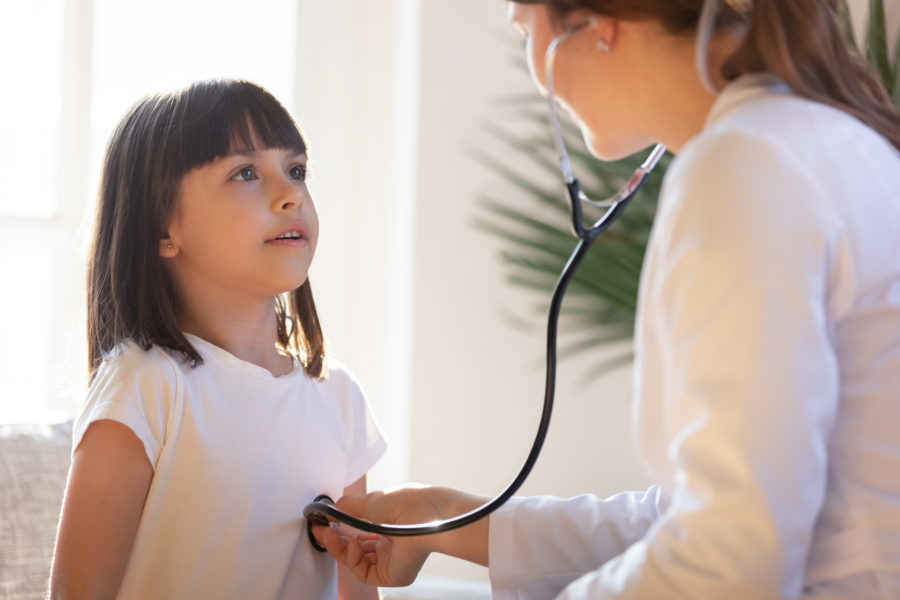
School Nursing
Medical-Legal Partnerships and Public Health Law
Spotlight
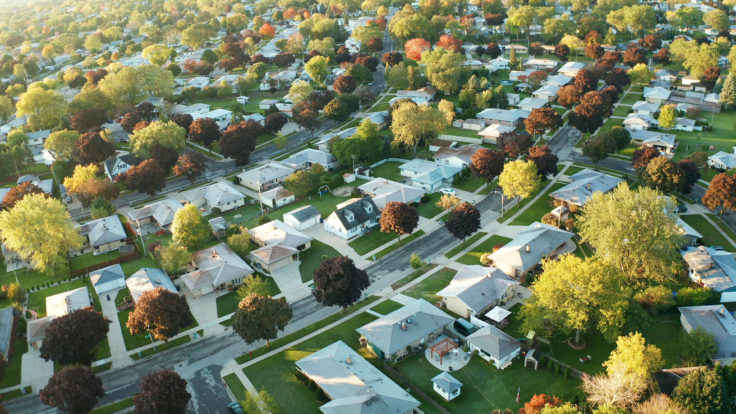
Network Now Accepting Applications for MLP Safe & Healthy Housing Cohort

Striving for Health Equity through Medical, Public Health, and Legal Collaboration
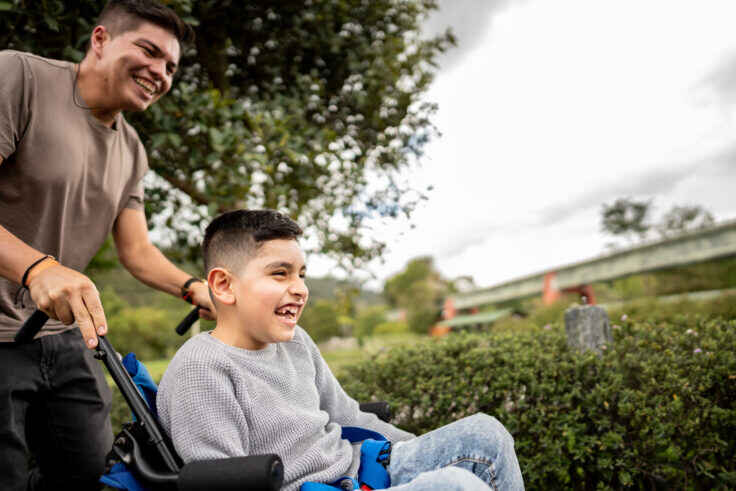
What States Can Do to Fill the Gap in Health Care Access for Immigrant Communities
Learn More
A closer look at addressing health inequities through MLPs
Project Leadership
Donna E. Levin, J.D, National Director, Network for Public Health Law
Colleen Healy Boufides, J.D. Deputy Director, Network for Public Health Law Mid-States Region Office
If you’d like to learn more about our work with MLPs and how this work can inform community health and health equity programs and policies, please contact Colleen.
Working with the National Center for Medical-Legal Partnership and with MLPs across the country, the Network provides real-time consultation to MLPs to support their efforts to catalyze institutional and systemic changes that will improve the health of communities. At the same time, the on-the-ground MLP experience can inform the Network about the ways in which laws (or the lack thereof) negatively influence health, such as by enabling hazardous housing conditions or wrongful evictions, or by creating barriers to accessing health care. Through this collaboration, we seek to identify and remediate these types of law and policy gaps and barriers, and focus our efforts on initiatives that can positively impact health and health equity.
Both the National Center for Medical-Legal Partnership (NCMLP) and the Network support and encourage the use of law to address social and structural determinants of poor health. The organizations accomplish this goal through distinct but complementary approaches: while NCMLP works to spread and support the medical-legal partnership approach as a tool for combatting upstream causes of poor health, NPHL provides substantive legal technical assistance to practitioners to support their public health law and policy efforts. This initiative between NCMLP and NPHL seeks to amplify the impact of both organizations through a collaborative and bidirectional working relationship.
